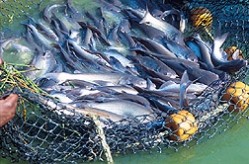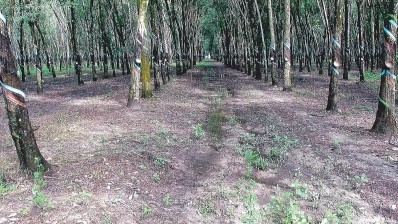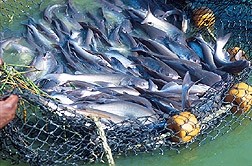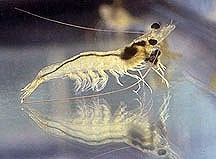Vietnam seafood export control talks stalled

Industry meetings with Vietnam’s Ministry of Agriculture and Rural Development (MARD) looked promising last week but no consensus was reached, leaving the issue in stalemate.
In a statement, the Vietnam Association of Seafood Exporters and Producers (VASEP) said companies are being hit with crippling and unjust export fees based on a complicated system of indices.
“But our importers do not need so many indices,” a VASEP spokesperson told FoodNavigator-Asia.
Huge burden
“At best, our importers only require us to satisfy about five indices. The fees that we are paying for the extra tests are putting a huge burden on us. We demand that they remove the fees from these extra tests.”
According to VASEP, the cost of verifying export consignments of seafood in Vietnam has almost doubled and the time taken for these tests is also costing companies in catch-to-market times.
Health certificate unnecessary, say seafood companies
Also of big concern is the recently applied requirement from the National Agro Forestry Fisheries Quality Assurance (NAFIQAD) that seafood exporters now have to present a health certificate to be able to export products.
VASEP revealed the ratio of food hygiene violations of Vietnamese exports is very small at just one out of every 10,000 consignments – not high enough for authorities to install export barriers.
“We cannot export our products without the health certificate, but the reality is that many of our export destinations do not require this certificate,” said the spokesperson, adding that the US and Middle East do not require it.
No can do, say authorities
However state authorities are unmoved. In a statement to local media, NAFIQAD head Nguyen Nhu Tiep said stricter examination is being carried out in neighboring countries like Singapore and Indonesia.
He pointed out that Singapore is verifying all export consignments, while Indonesia only allows exporting products manufactured at the workshops that can meet the standards on food hygiene set by its state agencies.
Nhu Tiep denied that the testing fees are too high and remarked that his agency’s commercial certificates should be viewed differently. “State certificates aim to protect the prestige and brands of the two nations.”














